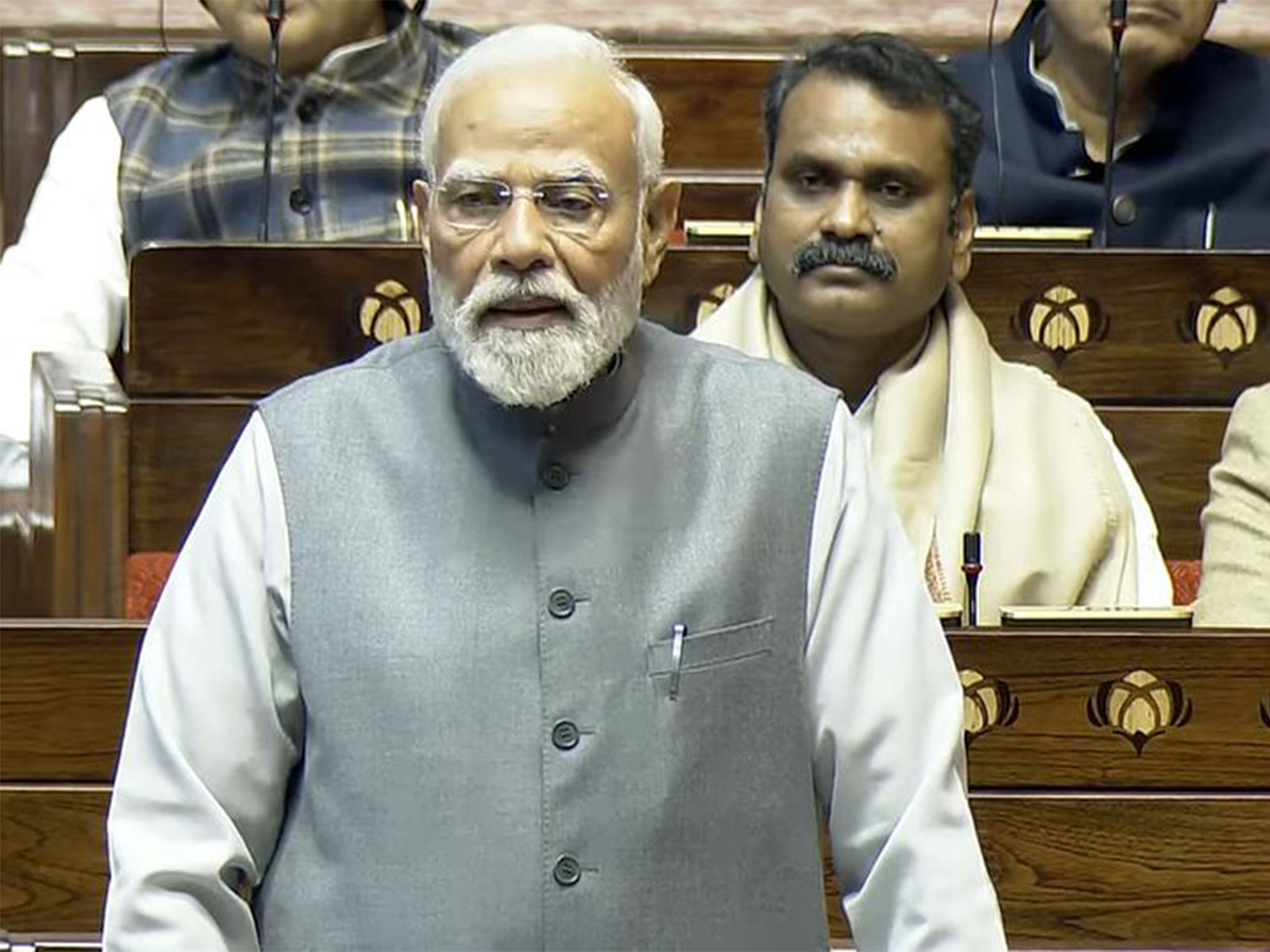Brexit shock leaves SNP with major dilemma in Scotland

One question that was omnipresent in the EU referendum debate referred to Scotland: what would happen if it voted to remain in the EU but was pulled out on the back of votes from elsewhere in the UK? Would it lead to a second independence referendum and then a vote for independence?
Now that voters in every Scottish local authority have backed Remain while the UK has voted for Brexit, we're about to find out. My response at this early stage is that it will possibly lead to a new referendum, but the Scottish National Party (SNP) has a tricky choice to make.
From Margaret Thatcher's time in office in the 1980s, when support for the ruling Conservatives fell away sharply in Scotland as the decade went on, the debate about Scottish self-government intensified. A large part of the argument was built on the premise that what the electorate in the south of England voted for was imposed in Scotland against the democratic will of the Scottish electorate. This was one of the driving forces in the creation of the Scottish parliament in 1999 and it was a key argument by advocates for Scottish independence in the 2014 referendum.
The EU referendum result has brought this issue to the fore in perhaps the most acute manner yet. This result represents what was described in the SNP's manifesto for the Scottish election in May as a "material change in circumstances" in Scotland's status as a constituent part of the UK. As such, it could form the basis of a second referendum on Scottish independence.
Part of the reason why EU membership has long been given this status by party leader Nicola Sturgeon, Scotland's first minister, and her senior colleagues is that during the 2014 referendum campaign, the pro-UK Better Together campaign argued Scotland was more likely to stay a member of the EU as part of the UK. Far from being allowed to continue, Better Together claimed the EU would make Scotland apply for membership from scratch and be denied some of the UK's favourable conditions.
So what happens now? As the result of the EU referendum became clear, Sturgeon said Scotland had delivered a "strong, unequivocal vote" to remain in the EU. Yet she is a cautious operator and will not be drawn into committing her government and her party to a kneejerk referendum.
Why tread lightly
Despite some in the pro-independence movement keen to commit to a so-called "indyref2" as soon as possible, Sturgeon and her inner circle will want to bide their time. Not discounting the fact that the Scottish parliament cannot call a "binding" referendum on its own, there are a number of reasons for caution.
First, the SNP will want to wait and see how the post-Brexit negotiations play out. The deal that the UK is able to secure with the EU, whether it is some sort of continued membership of the single market or something much looser, will be crucial for the Scottish electorate when it comes to making a cost-benefit analysis of what Brexit actually means.
A number of devolved policy areas such as fisheries and farming are in actual fact Europeanised in the sense that the major decisions are taken at an EU level. Taking the Common Fisheries Policy as an example, Marine Scotland would take sole responsibility for the management of fish stocks in Scottish territorial waters, with its operations under more direct scrutiny from the Scottish parliament as a result.
Brexit therefore actually enhances some of the powers and competencies of the Scottish parliament, something that those who back devolution over independence may well take into consideration. Having said that, there are questions for the Scottish government and Scottish parliament regarding the oversight and scrutiny of these policy areas in future.
Secondly, if Scotland was to vote for independence and was able to remain a member state of the EU, it would share its land border with a non-member. The last independence referendum campaign threw up a number of difficult questions about a shared currency and cross-border trade that would become even more tricky to answer in a post-Brexit contest.
The mechanics of the possible relationship between an independent Scotland and the rest of the UK are therefore significantly altered to what they were in 2014. This requires a rethink from the Scottish government and the wider pro-independence movement on what shape and form Scottish independence ought to take.
The Quebec precedent
The third and probably most crucial reason for holding off from the point of view of the SNP is that there is little evidence to suggest that support for independence would receive a significant boost as a result of Brexit. The SNP's leadership is keen to avoid Scotland "doing a Quebec" where a second referendum on independence took place and was defeated, and over 20 years later the prospects of it holding another are all but dead.
The fiscal and economic conditions that an independent Scotland would be subjected to are significantly worse than they were in 2014, with the North Sea struggling due to the low price of oil. This would leave Scotland with an estimated fiscal deficit of £11.9bn (7.8% of GDP) compared to the UK's fiscal deficit of £59.8bn (3.3% of GDP). It is also unclear how important Scottish voters feel membership of the EU is and whether or not it is more important than economic risk - one of the most important factors that led to a No vote.
The SNP leadership is acutely aware of all this and has informally stated that support for independence would have to consistently remain at about 60% to warrant a second referendum. This has given them a get-out clause of sorts from their "material change in circumstances" policy.
It means the party has a strategic dilemma. Does it give Yes supporters what they want or does it play a longer game? Former leader Alex Salmond has already been talking up the prospect of a vote before the UK's final withdrawal from the EU in the coming few years.
It remains to be seen whether Sturgeon takes the same tack, however. Many in the pro-independence movement will want a referendum on the basis of democratic principle, but the smart money will be on the SNP's leadership remaining cautious. If they can keep their supporters at bay, I'd expect them only to make a move when they can be absolutely sure they can win this time around.
![]()
Craig McAngus, Lecturer in Politics, University of Aberdeen
This article was originally published on The Conversation. Read the original article.
First published: 24 June 2016, 18:38 IST





![BJP's Kapil Mishra recreates Shankar Mahadevan’s ‘Breathless’ song to highlight Delhi pollution [WATCH] BJP's Kapil Mishra recreates Shankar Mahadevan’s ‘Breathless’ song to highlight Delhi pollution [WATCH]](https://images.catchnews.com/upload/2022/11/03/kapil-mishra_240884_300x172.png)

![Anupam Kher shares pictures of his toned body on 67th birthday [MUST SEE] Anupam Kher shares pictures of his toned body on 67th birthday [MUST SEE]](https://images.catchnews.com/upload/2022/03/07/Anupam_kher_231145_300x172.jpg)






